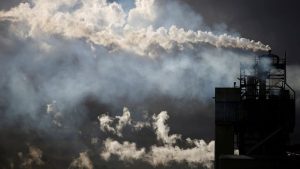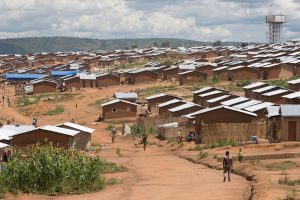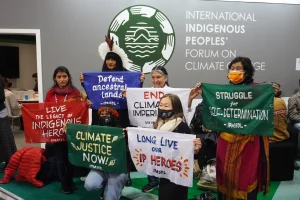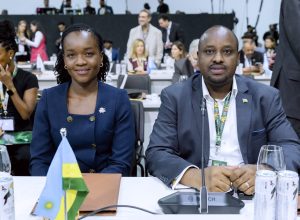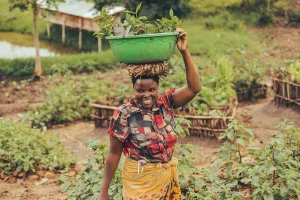When the Sky Turns Against Us, Why Africa Cannot Wait on Climate Action
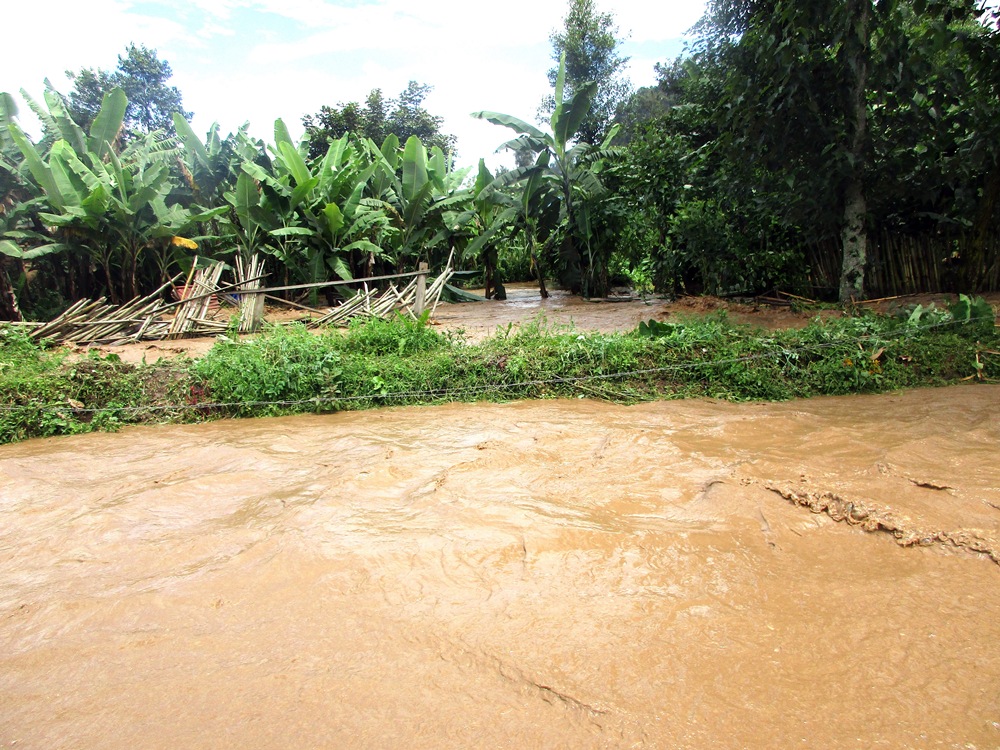
When the Sky Turns Against Us, Why Africa Cannot Wait on Climate Action..
By Jean Claude HABIMANA
Across Africa, the seasons no longer feel familiar. The rhythm that once guided farmers, herders, and families has broken. Rains arrive late or are too heavy, causing excessive destruction. The sun scorches for weeks until the water disappears. In some areas, rivers rise so high that entire villages are swept away overnight. What used to be rare disasters are now common. For example, heat makes it dangerous to go outside, floods wash away schools, hospitals, and homes, and droughts last so long that even the strongest livestock collapse in the fields.
Climate change is no longer a distant threat; it is a pressing reality. It is here, affecting the daily lives of millions.
The scale of this crisis is seen in every corner of the continent. In Libya, Storm Daniel tore through towns last year, leaving thousands dead and many more still missing. On the border of Burundi and the Democratic Republic of Congo, floods and landslides swept away families, killing hundreds in just one night. In Zambia, Malawi, and Zimbabwe, the worst drought in 40 years has pushed millions of people into hunger, wiping out harvests and threatening the lives of children. Cyclone Freddy, which battered Malawi and Mozambique, destroyed homes, schools, and hospitals, leaving lasting scars that will take years to recover from.
These are not distant tragedies; they are stories of neighbors, friends, and fellow Africans trying to survive when the sky itself turns against them.
When nature becomes this harsh, it is the poorest who suffer the most. Mothers are forced to walk hours longer to fetch water. Children faint in overheated classrooms or are pulled out of school altogether when families can no longer afford fees. Farmers who once took pride in their land now watch helplessly as crops wither or are washed away by floods. Fishermen return empty-handed because the lakes and rivers they knew no longer follow their patterns. For families already living on the edge, disasters like this strip away the last bit of security they had left.
Climate change is not only about the environment; it is about survival, dignity, and the right to live safely in one’s own home.
The injustice is impossible to ignore. Africa has contributed the least to the climate crisis, yet Africans carry some of its heaviest burdens. A farmer in Rwanda, a herder in Kenya, or a mother in South Sudan pays the cost of decisions made far away. While wealthier nations debate timelines and targets, African families rebuild their lives again and again after every storm, flood, or drought. Each season of destruction pushes them deeper into poverty, and each year of delay closes the window of hope a little more.
Yet despair is not the only story. Across Africa, ordinary people are showing extraordinary resilience. In dry areas, farmers are experimenting with new crops that can survive with little water. Women are leading savings groups to help each other recover after disasters. Communities are replanting trees, turning bare hillsides green again. These acts of courage prove that Africa is not standing still.
Imagine what could be possible if these local efforts were met with genuine support, sufficient investment, and real solidarity from the rest of the world.
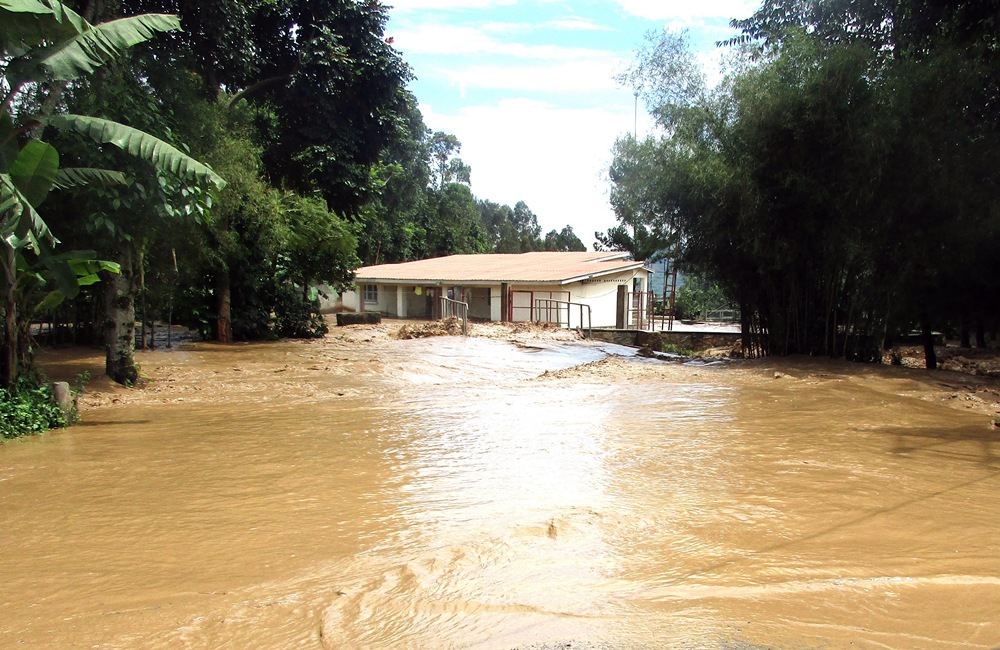
That support must come in many forms. Africa needs stronger systems to warn people before disasters strike, so that families have time to move to safety when storms gather or rivers rise. It needs restored forests and grasslands to protect water, hold the soil, and bring life back to degraded lands. It needs investment in young people, who bring fresh ideas and energy to build solutions for the future. And above all, it needs fairness: those who have polluted the most must take responsibility and help those who have polluted the least.
Climate change is not a distant issue for scientists and leaders to argue about. It is about a child going to bed hungry because the rains failed. It is about a family sleeping under the open sky after floods destroyed their home. It is about parents forced to leave the land they love because it can no longer support them. Every story is a reminder that climate change is not about numbers or technical reports; it is about people. And every day of delay means more lost lives, broken communities, and stolen futures.
Africa cannot wait. The world cannot wait. If the international community chooses delay over action, the cost will not only be measured in money, but in the hopes and dreams of entire generations. But if leaders act now, with courage, fairness, and urgency, they can help turn the tide. Together, we can build a future where the sky once again brings life, rather than fear.
The choice is ours. And the time is now.
The author is Mr. Jean-Claude Habimana.
Science Communications Expert dedicated to unlocking the power of Nature-based Solutions, Forest Landscape Restoration, Conservation Agriculture, Sustainable Agriculture, Gene Editing, One Health, and Circular Economy.

SUBSCRIBE TO OUR NEWSLETTER





